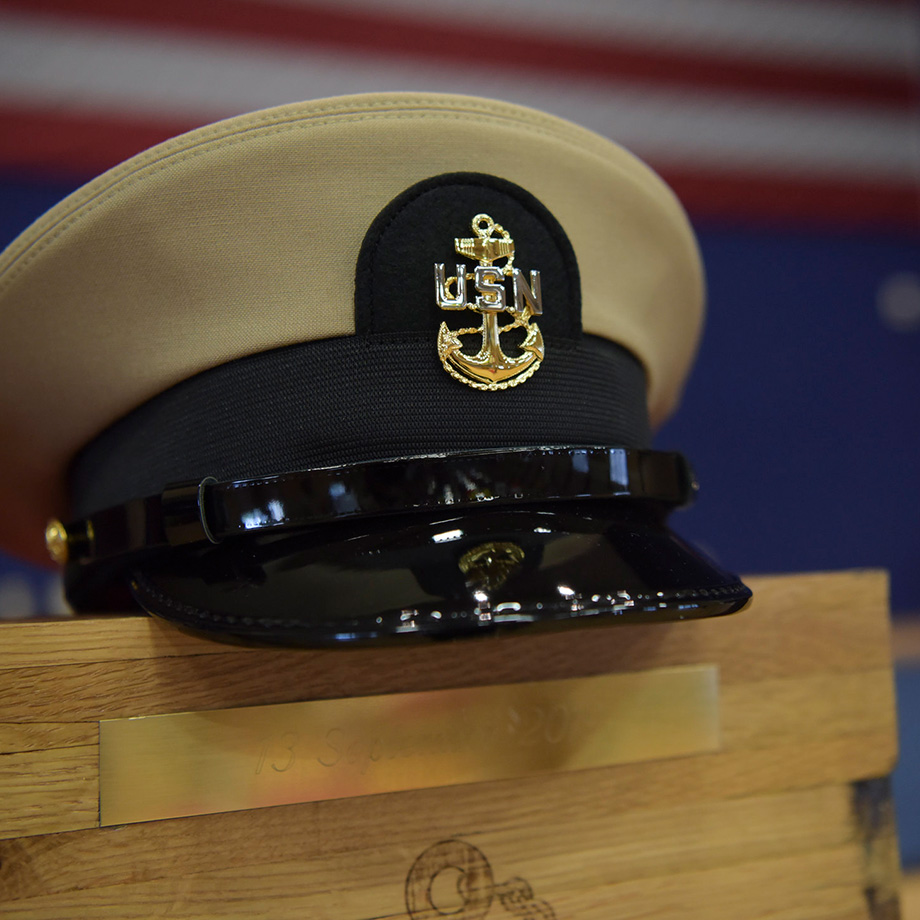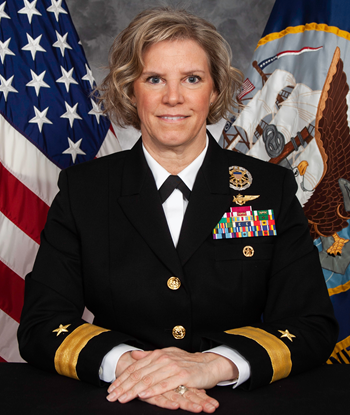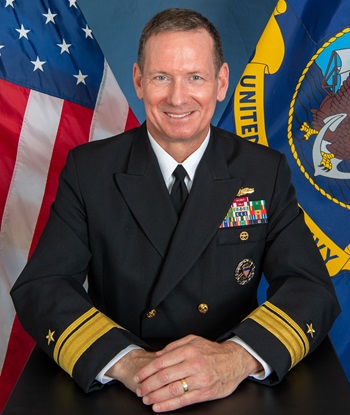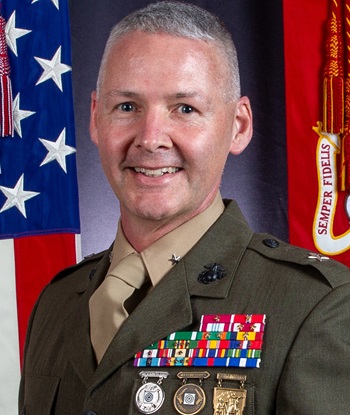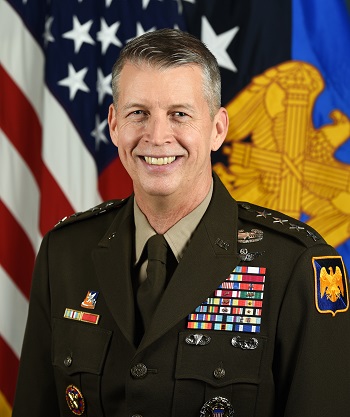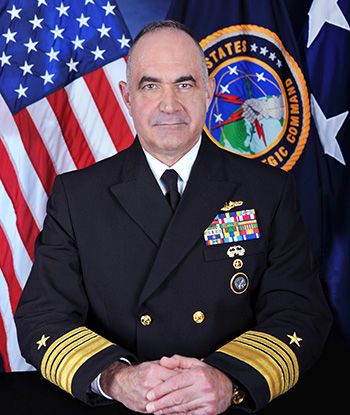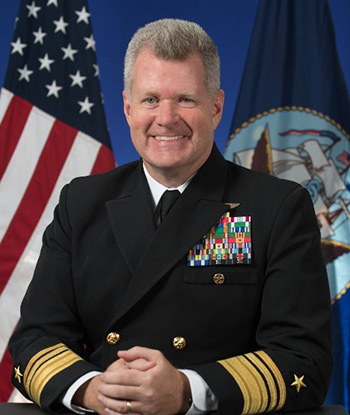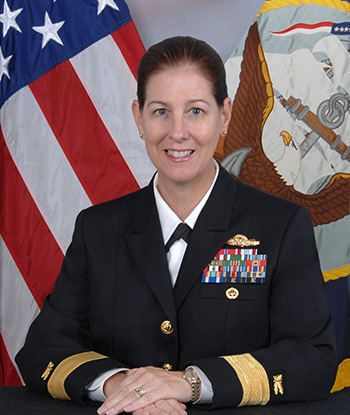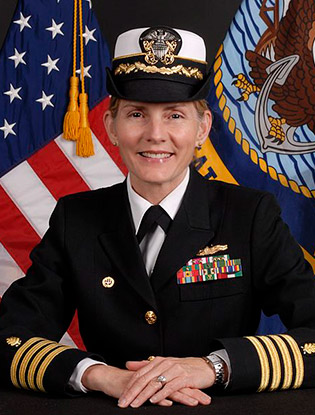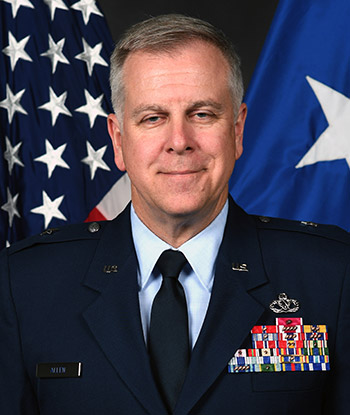Maritime Advanced Warfighting School
Maritime Advanced Warfighting School (MAWS) is a resident program completed in conjunction with the College of Naval Command and Staff curriculum. This course will develop strategic and operational leaders with the skills required to plan, execute, and assess combined, joint, and naval operations.
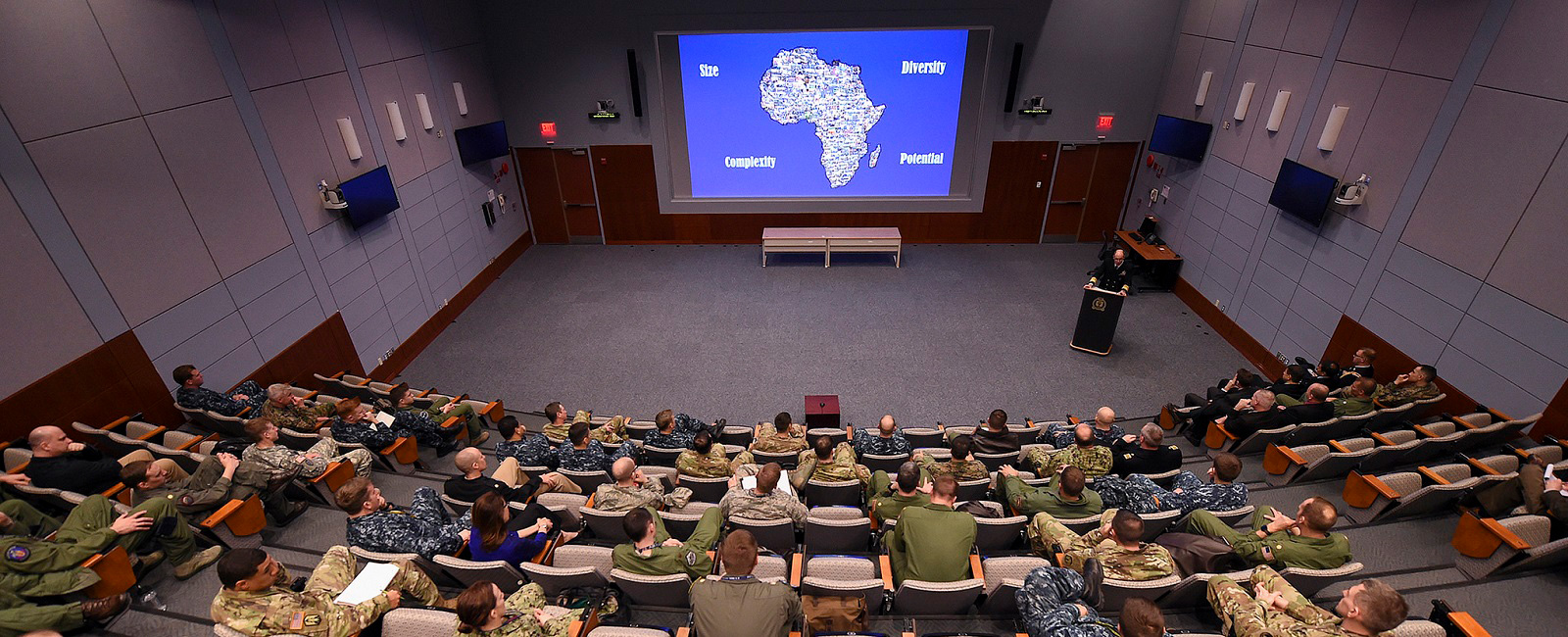
General Information
Eligibility
U.S. Navy intermediate officers (O3-O4) are selected to attend MAWS. U.S. Coast Guard, U.S. Army, U.S. Marine Corps, and U.S. Air Force officers are selected via consultation with their respective senior service advisors at the U.S. Naval War College (NWC).Location & Duration
The 13-month curriculum for resident students is divided into three trimesters including a summer practicum, and is taught at NWC in Newport, Rhode Island.Learning Format
Core Courses are primarily seminar format but include planning exercises, wargame participation, and visits by experts.Outcome
Students in this program are awarded additional credit on top of the master’s degree in Defense and Strategic Studies and JPME I credit. U.S. Navy students receive Additional Qualification Designation (JP-1). U.S. Coast Guard, U.S. Army, U.S. Marine Corps, and U.S. Air Force officers receive Additional Qualification Designation similar to other advanced warfighting schools (SAMS, SAW, SAASS, and JAWS).Program Structure
Fall Trimester
Theater Security Decision Making
Required | Core Course
The Theater Security Decision Making course educates students on effective decision-making and leadership, focusing primarily at the theater strategic level.
Perspectives on Modern War
Required | Core Course
In the Fall trimester, the course considers the changing character of modern war. It explores how the evolving character of modern warfare is shaped by advancements in technology, societal shifts, and climate change, raising strategic and ethical questions for future conflict. Students will examine these factors and their impact on national security, alliances, and strategic concepts, beginning with insights from the Future Warfighting Symposium.
Fundamentals on Operational Art and Doctrine
Required | Elective
Introduction to MAWS and the Navy Planning Process, students will also review Joint and Navy Planning documents, including the Joint Operation Planning & Execution System.
Winter Trimester
Strategy and War
Required | Core Course
The Strategy and War course examines how the overall strategic environment shapes operational choices and outcomes. It also examines the strategic effects of operations, exploring how battlefield outcomes can change the strategic environment.
Perspectives on Modern War
Required | Core Course
In the Winter trimester, the course focuses on leadership, culture, and ethics in modern war. It emphasizes the importance of cultural awareness and strategic empathy in enhancing ethical leadership and joint warfighting strategies. Students will explore the impact of cultural and societal factors, including the role of women in conflict and stability, through core courses, guest lectures, seminar discussions, and the Women, Peace, and Security conference.
The Navy Planning Process and the Joint Force Maritime Component Commander Environment
Required | Elective
Students will have a brief introduction to the Joint Force Maritime Component Commander Environment concept, command and control, and force employment considerations for planners. They will also address the Navy Planning Process with practical exercise through course of action decisions.
Spring Trimester
Perspectives on Modern War
Required | Core Course
In the Spring trimester, the course focuses on strategy in today's world. It focuses on understanding and developing strategies for today's global security environment while preparing for future challenges. Students will critically analyze current strategic competition and various national security threats through core courses, guest lectures, and seminars, culminating in the Current Strategy Forum.
Operational Planning Considerations for the Joint Force Commander
Required | Elective
Students will be introduced to the Joint Task Force construct and joint force commander planning processes and organization. Guest experts will provide students mini-courses on information operations. Effects-based approach to operations are conducted and students participate in a one-week theater campaign wargame with the other advanced warfighting schools at Maxwell Air Force Base.
Summer Capstone
Leadership in the Profession of Arms
Required | Core Course
This course allows students to recognize their impact on those they lead and enhance their thinking and ethical decision-making for their future leadership roles.
Capstone Planning Project
Required | Capstone
Students are assigned as adjunct planning teams to a numbered fleet N5 (plans) or a standing Joint Force J5 planning staff to develop Joint Strategic Capabilities Plan and combatant commander-directed plans. These plans are typically maritime-focused, and each MAWS team conducts the appropriate planning process to meet the commander’s guidance in development of the specific plan. The process includes regular briefings to the commanders and their staffs.
Incoming Students
Contact Information
Maritime Advanced Warfighting School Leadership
More Information
Next Steps
Explore more information for the Maritime Advanced Warfighting School course—and excel as a leader.
Core Teachings at U.S. Naval War College
Core Curriculum
The core teachings at U.S. Naval War College provide a framework for military and civilian leaders to gain an understanding of strategy and operations, the ability to think critically, deal with uncertainty and surprise, be proficient in joint matters, and comprehend the security environment and all elements of national power.


